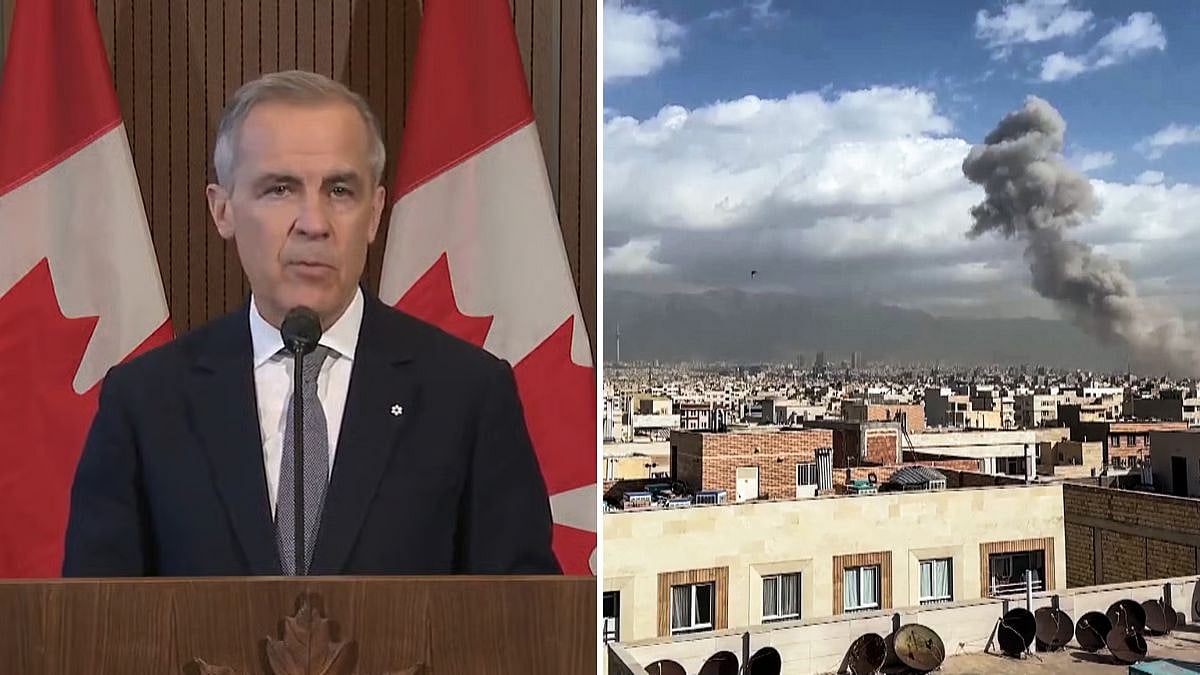Backdrop:
In the Indian social fabric, elders occupy a position of reverence and respect. They are considered not only custodians of family and community but also distributors of values, traditions, and wisdom accumulated through lived experiences. In a rapidly transforming world marked by globalization, technological advancement, and cultural shifts, the responsibility of elders to share their insights with the younger generation becomes even more crucial.
The Unique Role of Elders in Indian Society:
Traditionally, Indian families were joint or extended, with grandparents, uncles, and aunts living together under one roof. Within such structures, elders naturally shared stories, practices, and rituals with children. Even in today’s nuclear family setups, elders retain symbolic authority as “life guides or mentors.” Their role extends much beyond traditional guidance; it is about anchoring younger generations to timeless values such as respect, compassion, integrity, and resilience. However, many elders today hesitate to actively mentor or share their wisdom, fearing that younger people may dismiss them as outdated. Yet, it is precisely this intergenerational bridge that India needs, given the tension between rapid modernization and the preservation of cultural roots. Elders must realize that their silence may deprive society of invaluable knowledge accumulated over centuries.
Why Passing Wisdom Matters:
Preservation of Traditions: India is a land of diverse traditions: festivals, rituals, languages, art forms, and cuisines, many of which are orally transmitted. If elders fail to pass them on, there is a risk of cultural erosion. For instance, classical storytelling traditions such as “Panchatantras” or folk practices like “Bhavai Dance” are disappearing because the knowledge-holders are not actively sharing them with the young.
Guidance through Life’s Challenges: Younger generations face immense pressure from academics, careers, and global competition. Elders, having lived through adversities like economic hardships, societal changes, or even political upheavals, can guide them with lessons on patience, persistence, and adaptability. For example, narrating stories of how families sustained themselves during droughts or financial crises or political crisis like “Emergency” can help youth appreciate resilience and frugality.
Strengthening Identity: Globalization has opened doors to opportunity but has also created identity dilemmas among youth. By transmitting stories of ancestral values, village life, or community customs, elders can anchor the younger generation in a sense of belonging. This strengthens confidence and prevents rootlessness.
Moral and Ethical Foundations: In an era of consumerism, elders can counterbalance by emphasizing moral principles such as honesty, humility, and service to others. The ethical dimensions of Indian traditions embodied in texts like the Bhagavad Gita or in the teachings of saints like Kabir and Guru Nanak can be translated into everyday practices if elders serve as role models.
Strategies for Elders to Share Wisdom:
Merely holding wisdom is not enough; elders must actively find ways to pass it on meaningfully. The following strategies are particularly relevant in the Indian context:
Storytelling as a Pedagogical Tool: Indian culture has thrived on oral traditions. Elders should narrate folktales, epics, and personal life stories. A grandmother’s bedtime tale of Rama’s courage or a grandfather’s recollection of pre-Independence struggles can leave deeper impressions than formal lectures. Importantly, elders should connect these stories to contemporary realities, showing how timeless principles apply even today.
Demonstrating Traditions in Practice: Rather than merely instructing, elders should involve youth in practicing rituals and traditions. For instance, guiding children in preparing Rangoli during Diwali, explaining the significance of lighting the Diya, or teaching them how to make traditional dishes during festivals fosters experiential learning.
Mentoring through Conversations: Elders must consciously engage in meaningful dialogues with youth. These should not be limited to giving instructions but should invite questions and encourage critical thinking. For example, when a young person questions the relevance of a ritual, elders should patiently explain its symbolic or ecological value, instead of dismissing the query.
Modelling Values through Action: The most effective way to transfer wisdom is through “lived examples.” When elders practice simplicity, respect for all, or commitment to community service, young people are more likely to emulate these qualities. An elder who greets a sanitation worker with dignity teaches lessons more profound than any verbal advice.
Adapting to Modern Mediums: Elders should not hesitate to use technology to share their wisdom. Recording family histories on video, creating WhatsApp groups for cultural discussions, or sharing reflections through short blogs can make traditional knowledge accessible in the digital age. This also bridges the generational gap by meeting youth in their preferred spaces.
Overcoming Challenges:
While the intention may be strong, elders often face barriers in transmitting traditions.
Generational Disconnect: Youth may perceive elders as conservative or irrelevant. Elders must therefore present wisdom in a manner that respects modern aspirations while rooting them in tradition.
Language Barriers: With many youths growing up in English-dominated environments, elders must simplify or translate traditional idioms, proverbs, and texts into relatable expressions. Time Constraints: The busy schedules of younger generations may leave little room for long discussions. Elders can adapt by sharing short, impactful lessons regularly rather than waiting for extended occasions. Elder’s Self-Perception: Some elders feel undervalued and withdraw. It is important that they regain confidence, understanding that their role as cultural transmitters is irreplaceable.
Moving Ahead:
Elders are custodians of any society’s values and culture. It is their duty to pass on the wisdom they possess to the next and third generations as many of such practices are oral wisdom and not documented. It is, therefore, the bounden duty of the elders to pass on this accumulated wealth of wisdom in the best possible manner so that the culture is carried on and nothing is lost.
By Dr. A. K. Sen Gupta, Chief Trustee of My Retired Life Foundation (MRLF). He may be contacted at aksengupta51@gmail.com and/or 98211 28103.




